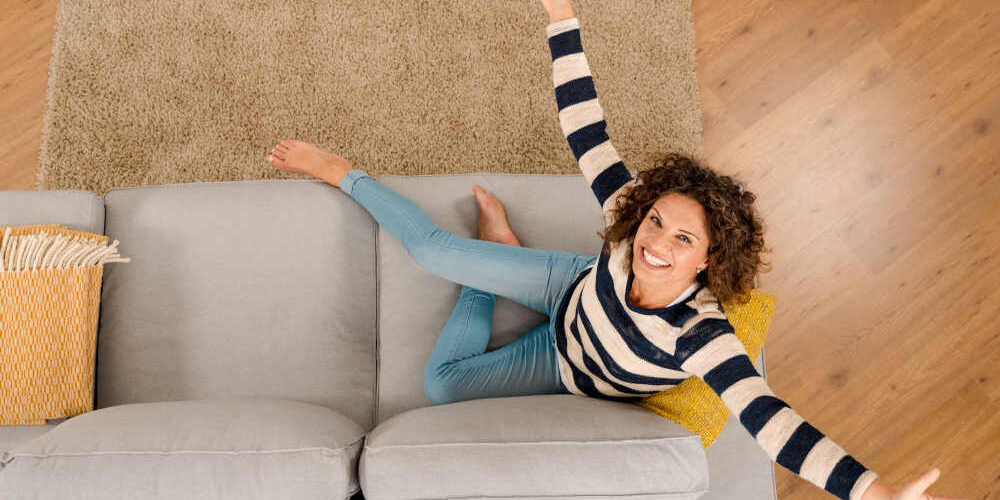Do you have questions about your home air and air quality? At Elite Climate Control, we can help you learn about air quality and allergens and then explore what filters or humidifiers work best in your area.
What is Air Quality?
Air quality refers to how clean the air is – how free it is from particles. All air, except in very special circumstances, has a certain amount of dust and so forth. Some particles are relatively harmless, some are annoying, and some are dangerous. When people talk about air quality, they are talking about the presence of those particles, especially those that are dangerous and can cause health problems. Often this is often referenced as “ppm,” or parts per million when talking about a specific type of particle. Because homes are well insulated, the air quality in homes may be higher or lower than the air quality outside. In areas like the high desert, there is a risk that air quality may be lower.
What Pollutants Are Dangerous?
Average dust particles (dead skin cells, etc.) are rarely anything but annoying. However, allergens such as pollen tend to be very annoying, especially to people who are especially susceptible to lung or breathing problems. Allergens can also get caught in an HVAC cycle in poorly filtered homes, making air conditioner units dirty and never really going away.
Worse, however, are VOCs and similar particulars. VOCs – volatile organic compounds – can cause a variety of health problems in high amounts. They are emitted by plastic, various kinds of paints, new furniture, and other products. Spores from mold & mildew can also be particularly dangerous because certain types of mold can harm humans.
Can Filters Improve Air Quality?
You can’t just open your windows and get rid of air particles (especially if you are trying to get rid of pollen). Filters can help you remove air particles and improve quality, but there are many types of filters. The average filter takes care of larger particles as long as you perform proper maintenance and replace the filter every several months. Other more specialized filters and even UV devices can help improve air quality. HEPA filters, for example, are designed to catch particularly small particles for people who suffer from asthma or bad allergies.
Another common option is the humidifier. In winter especially, humidifiers can both increase humidity to improve health while incorporating a filter to target a specific room and clear out dust, mold, or allergens.




